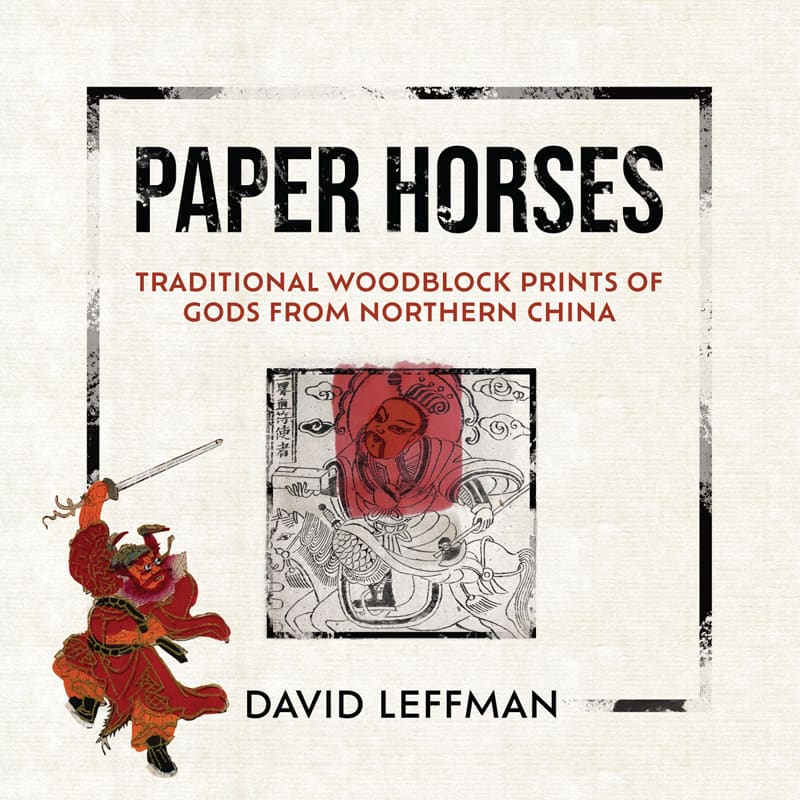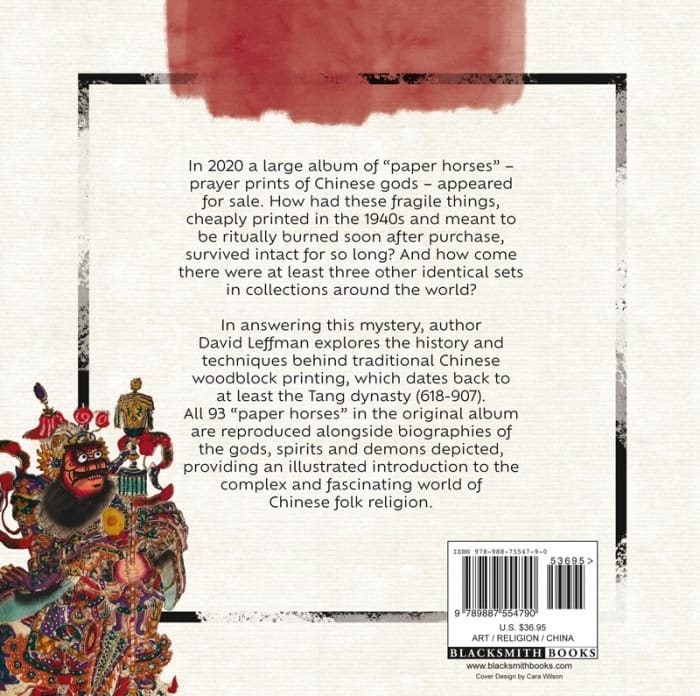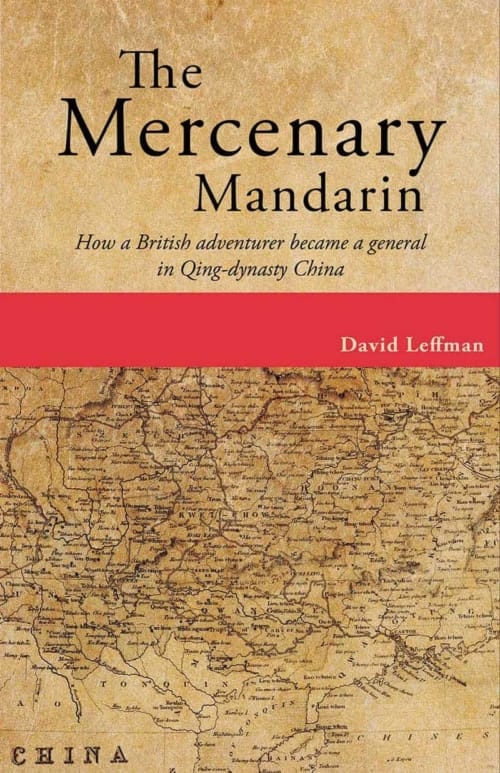Description
In 2020 a large album of “paper horses” – prayer prints of Chinese gods – appeared for sale. How had these fragile things, cheaply printed in the 1940s and meant to be ritually burned soon after purchase, survived intact for so long? And how come there were at least three other identical sets in collections around the world? In answering this mystery, author David Leffman explores the history and techniques behind traditional Chinese woodblock printing, which dates back to at least the Tang dynasty (618-907). All 93 “paper horses” in the original album are reproduced alongside biographies of the gods, spirits and demons depicted, providing an illustrated introduction to the complex and fascinating world of Chinese folk religion.
REVIEWS
“As a lover of Chinese legends I was always puzzled by the Goodrich collection displayed at the University of Columbia’s C.V. Starr Library – so many similar-looking portrait squares with esoteric titles attached, entirely lacking any explanation. This has been remedied by David Leffman’s Paper Horses. The text is short and concise, providing the important details of each deity and his or her story, in a layout that is easy on the eye. The book is a delight to flick through. Leffman appears to be the first to provide context to the meaning and art of the ‘Paper Horse’.” – Ronni Pinsler, Founder, www.bookofxianshen.com
“David Leffman has put in so much hard work and made so many excellent insights. His book is really valuable for the study of Beijing zhima and of Chinese popular prints.” – Dr Yanwen Jiang, Director, Wang Shucun Chinese Folk Art Research Centre, Tianjin
“Leffman has done a lot of digging into the story of each god. His book is well written for the general public.” – Dr Wen-chien Cheng, Senior Curator, Louise Hawley Stone Chair of Chinese Arts, Royal Ontario Museum







